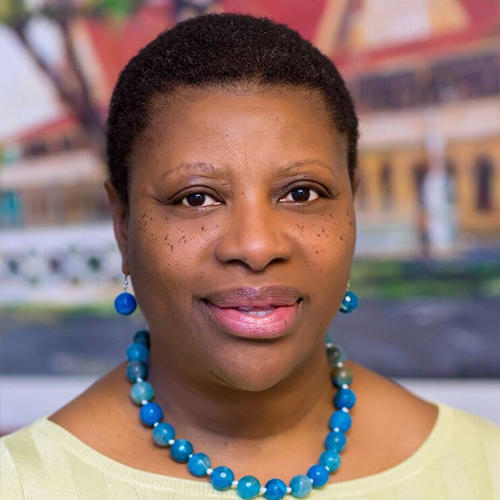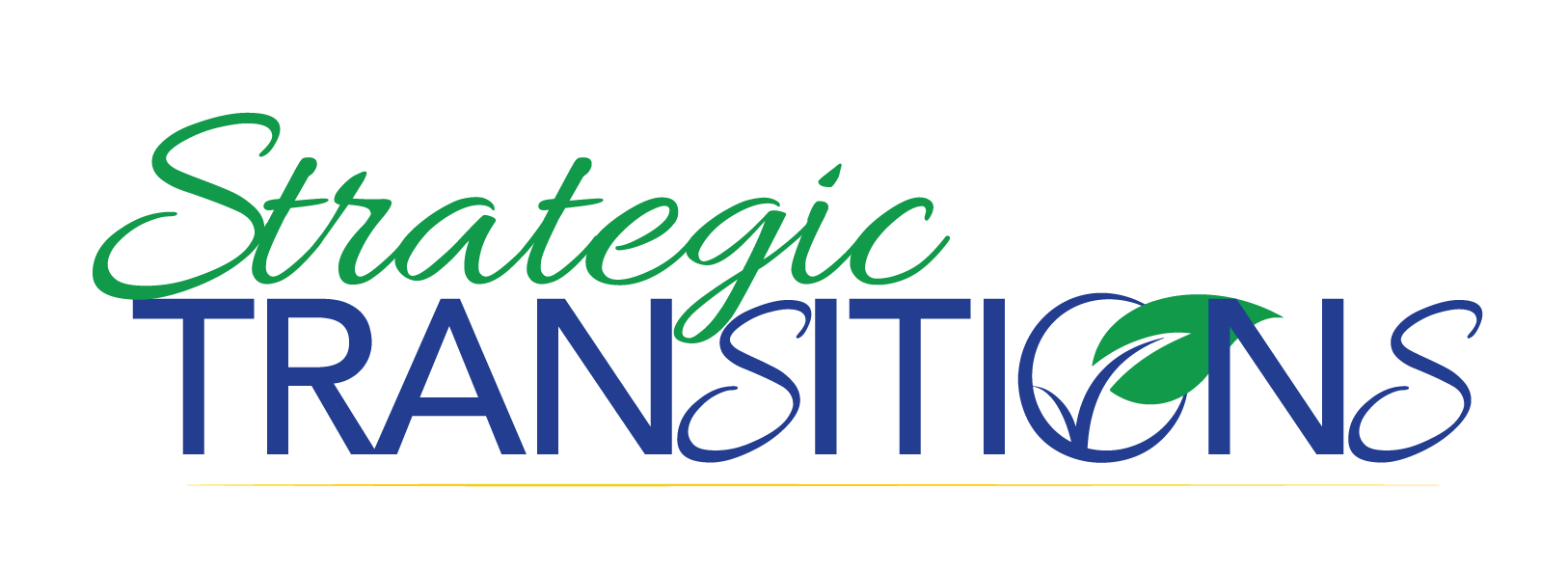
The Great Resignation of 2021 is particularly palpable in the healthcare industry, where nearly 600,000 U.S. health professionals left their jobs in September and 30% considered exiting the profession at some point during the pandemic. Moreover, as new variants keep emerging, a recent survey indicates that 30% to 50% of healthcare workers might reduce their hours or quit.
Unlike other struggling sectors, a functioning and effective healthcare system is necessary for society, and the workers who make up the system are indispensable. And yet, they’re being dispensed.
In addition to coping with extended hours and coronavirus exposure for nearly two years, frontline healthcare workers in COVID-19 wards, emergency rooms and even drive-thru vaccination sites have been verbally abused and physically assaulted for simply doing their jobs. Unfortunately, it’s not an altogether new phenomenon. According to the Bureau of Labor Statistics, in 2018, healthcare workers accounted for 73% of nonfatal workplace injuries and illnesses caused by violence.
Yet, the situation seems to have worsened, and it’s bad news for anyone who might have to access healthcare at some point. A Washington Post-Kaiser Family Foundation poll found that 6 out of 10 healthcare workers said pandemic stress had harmed their mental health. In Italy, 1 in 4 medical doctors reported anxiety and 1 in 5 reported depression, according to one study, while another found that 32% of U.K. doctors are considering early retirement, a doubling from June 2020 numbers.
The culprit behind these statistics is burnout. The virus has severely taxed conditions at hospitals, shrinking the worker pool. Fewer workers mean that the ones who remain have larger patient loads. Then comes the frustration of treating critically ill patients, many of whom are only there because they refused to be vaccinated. It’s a perfect storm resulting in an atmosphere where 60% to 75% of clinicians have reported exhaustion, depression, sleep disorders and PTSD symptoms.
Although the $1.5 billion the Biden administration is allocating to address the healthcare worker shortage in underserved communities will undoubtedly fall short of fixing the problem, the healthcare industry may ultimately adapt thanks to the so-called Generation Resilient.
A promising outlook for Gen Z is that they want to lean into the challenge despite having their educational and budding career plans sidelined or derailed by the pandemic.
According to the Pearson Global Learner Survey, Gen Z’s career aspirations have shifted due to the pandemic, with 45% of college students saying they’re inspired to pursue degrees in healthcare and science. In addition, a 2020 Tallo survey found that workforce safety and health were Gen Z’s top industries of interest.
It appears that a greater sense of empathy is at play in these shifts. Young people who’ve found themselves vulnerable at a critical period in their lives may want to harness the newfound perspective to work toward change in a vital sector.
If this new blood in the health professions materializes, it will take many years to make a tangible difference in improving conditions. Fortunately, hospitals are also recruiting older workers who may have left the field for retirement. While the aim here isn’t longevity, these professionals are an integral interim solution to keep our healthcare industry afloat.
The key to making it work is something the Pennsylvania-based Allegheny Health Network is tackling by offering nurses more flexible work schedules, focusing on worker wellness programs and launching a “blind resume” initiative where age-related information is masked in the hiring process. Additionally, the agency is also encouraging retirees to serve as teachers and mentors.
Such changes are essential to making healthcare professions more sustainable. Although more hospitals should adopt them, it’s also time for the public to do its part by showing gratitude to those who’ve sacrificed themselves on the frontlines during the pandemic.
Connect with Yonette
My coaching & mentoring opportunities are tailored for you in your particular circumstance. After an initial discussion, together we decide and confirm which individualized opportunity suites you best.Did you know?
About 42 percent of Americans have had a “career lightbulb” during the pandemic, according to a OnePoll survey commissioned by the Universal Technical Institute. In addition, a special report from the McKinsey Global Institute forecasts that over 100 million people worldwide, or 1 in 16, will need a different occupation by 2030. This represents a 12 percent uptick from pre-pandemic estimates.
The Universal Technical Institute says that the threats resulting from the pandemic have “reinvigorated people toward pursuing a career that is more fulfilling than their current one.” This time of uncertainty is a time of opportunity for professionals at all stages of their careers who are open to fresh career and professional experiences. People are asking themselves fundamental questions about leveraging their current professional status into what gives them the deepest sense of fulfillment and alignment with their core values.

About the Author
Dr. Yonette Thomas is a thought leader, committed mentor, and amplifier of professional paths. She created Strategic Transitions to share her leadership and professional insights with early career, mid-career, and senior-career individuals needing a hand-up, a strategy conversation, or a path amplifier.
